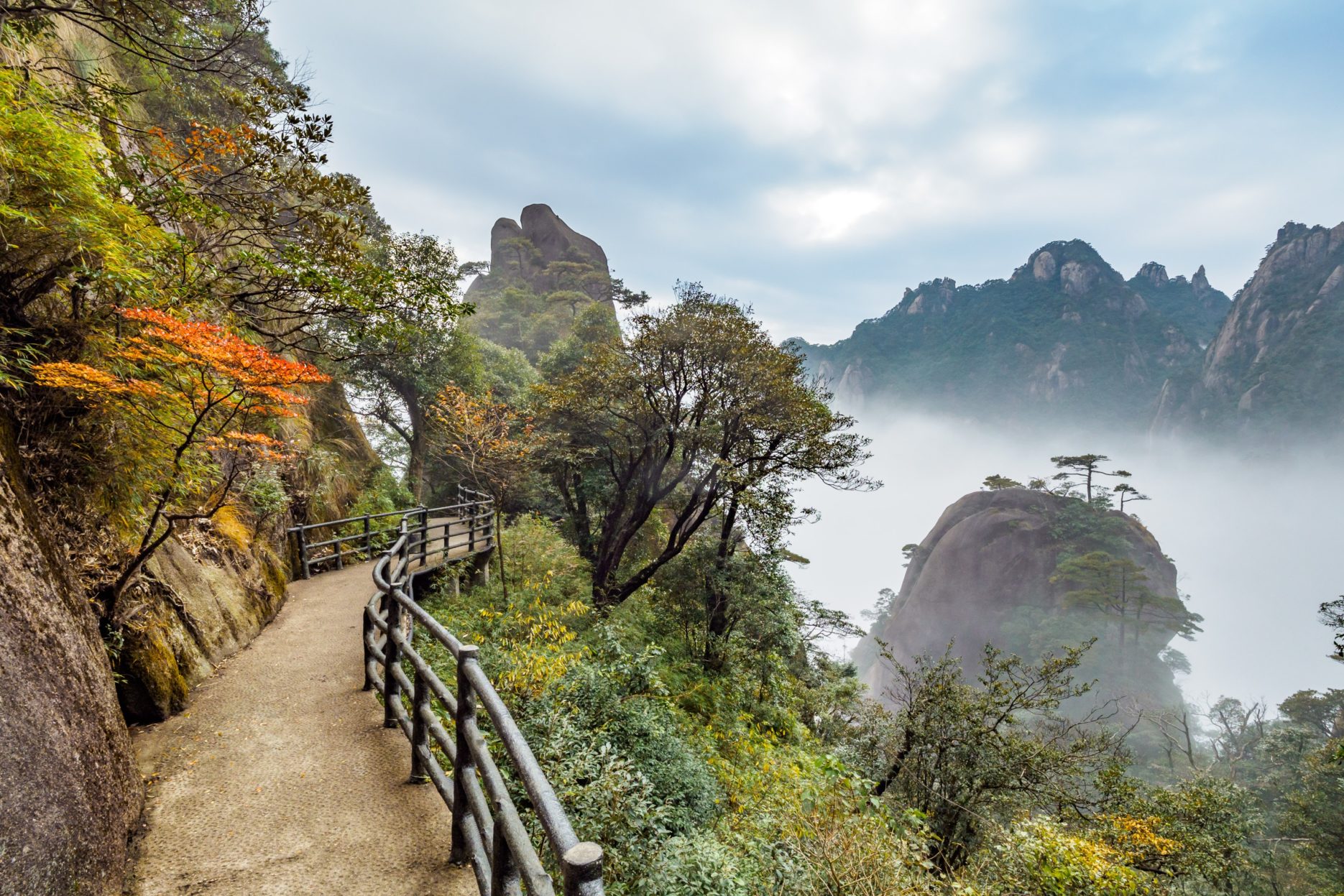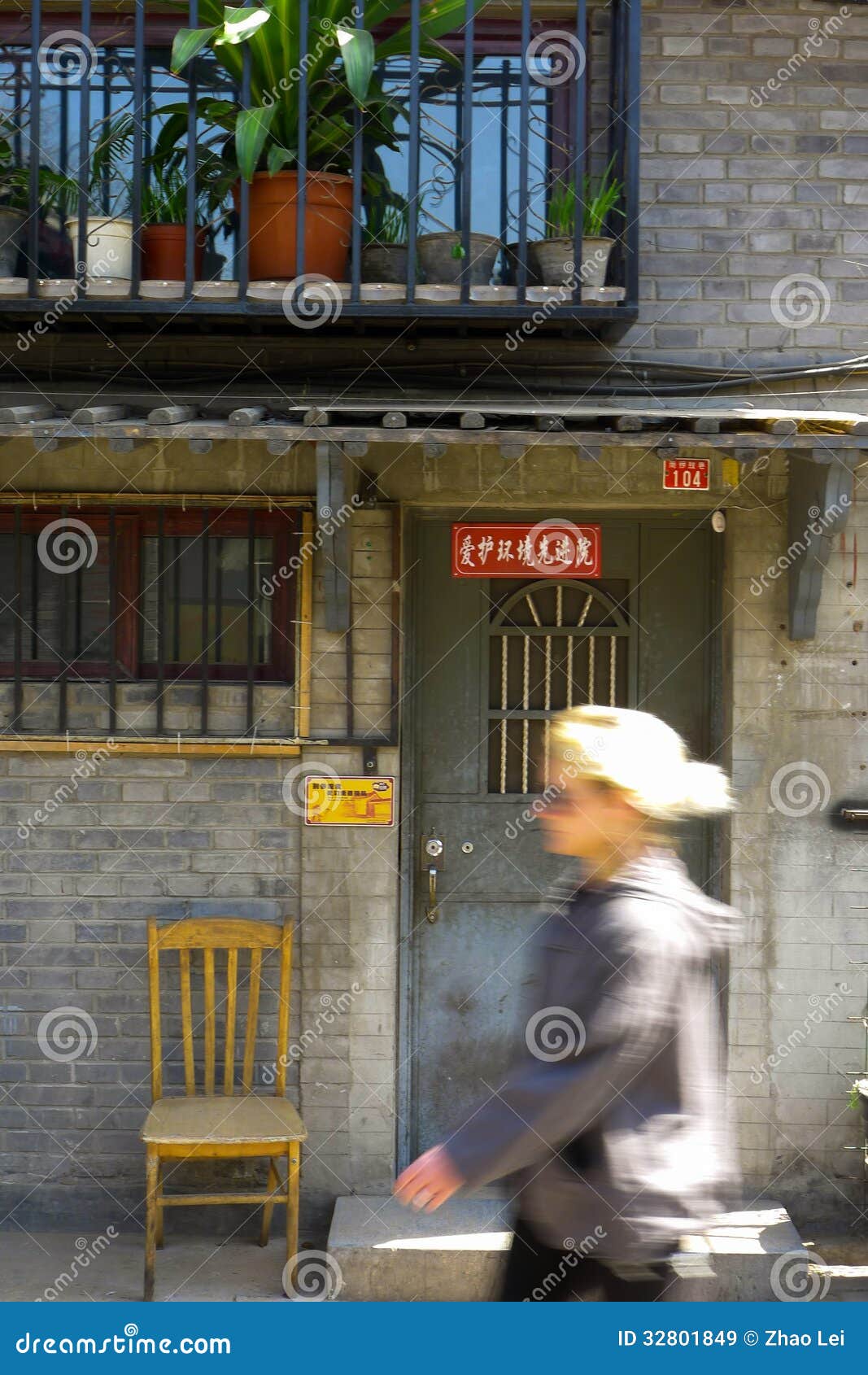The Extent of Safety in Cities and Rural Areas
China’s large cities offer Western travelers a high degree of safety, comparable or even exceeding that found in many Western metropolises. Careful precautions are still wise, but danger should not be exaggerrated. Rural settings also prove generally hospitable, though understanding cultural norms becomes more vital away from urban centers.
Feeling at Ease in Dense Population Centers
Even in China’s most densely populated eastern cities, personal safety proved a non-issue. Outside the Imperial Palace in Beijing, one pushy street vendor stood out as an annoyance rather than threat. Aggressive panhandling differs little between countries. Overall, China’s metropolitan areas feel safer than some parts of the United States. Policing maintains public order without undue risk of violence.

Emergency Assistance Remains Accessible
Should trouble arise, help can be found. Police presence deters serious crimes and responds professionally to reported incidents. Hospitals and 24-hour clinics cater to visitors lacking local medical coverage. Translation apps and gesturing overcome most language barriers. Westerners exploring less touristed areas need only exercise normal precautions as in their home nation.
Respectful Interactions and Linguistic Hurdles
Building rapport with locals creates a supportive travel experience, while still protecting one’s well-being and respecting cultural norms. Language challenges are manageable.
Warmth from Daily Exchanges
Merchants, taxi drivers, and ordinary citizens typically greet foreigners with patience, empathy and kindness. Simple communication establishes trust on both sides. Acts of goodwill, such as assisting with directions through charades, further foster positive relations.
Youth Enthusiasm for English Practice
Approaching high school students proves a reliable way to fill translation needs respectfully. Their excitement to hone language skills through conversation benefits travelers stuck without access to translation apps. Mutual learning occurs on both linguistic and cultural fronts. ##Contrasts in Societal Values Comparing daily life and security in the US versus China reveals telling differences rooted in each nation’s philosophy of community and justice.
Prioritizing Citizens’ Well-Being
Chinese authorities perceive their duty as serving public welfare, not asserting authority. Policing aims to de-escalate tensions, not empower individual officers. This fosters a social contract of mutual care between people and government.
Absence of Vigilantism and Overzealous Force
Lacking America’s pervasive gun culture and “stand your ground” rhetoric, China sees far fewer assaults and killings perpetuated under guise of self-defense. Nor does its criminal system hand out disproportionate punishment or entrap the innocent. Overall social peace and basic human dignity receive stronger safeguards.
##Conclusion
For Western travelers exploring China independently and respectfully, safety risks tend to equal or fall below what one faces in many Western nations. Successful trips depend on cross-cultural empathy, common courtesy towards locals, and exercising normal precautions regarding personal health, theft prevention and emergencies. With good preparation and interaction skills, China offers tourists a secure environment to deepen their experiences of this fascinating country and people.

 Continuing to Receive SMS Verification Codes While Abroad
Continuing to Receive SMS Verification Codes While Abroad